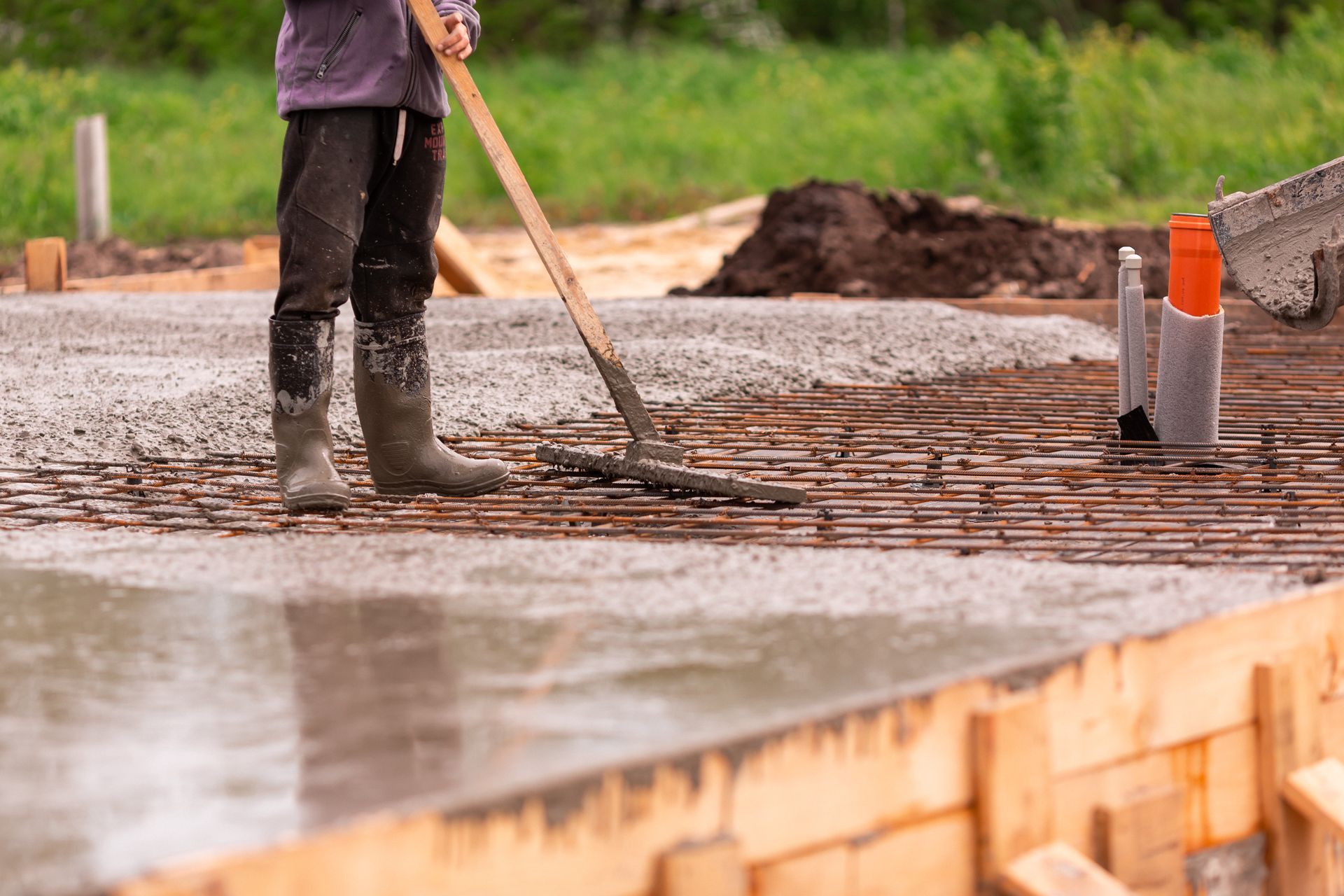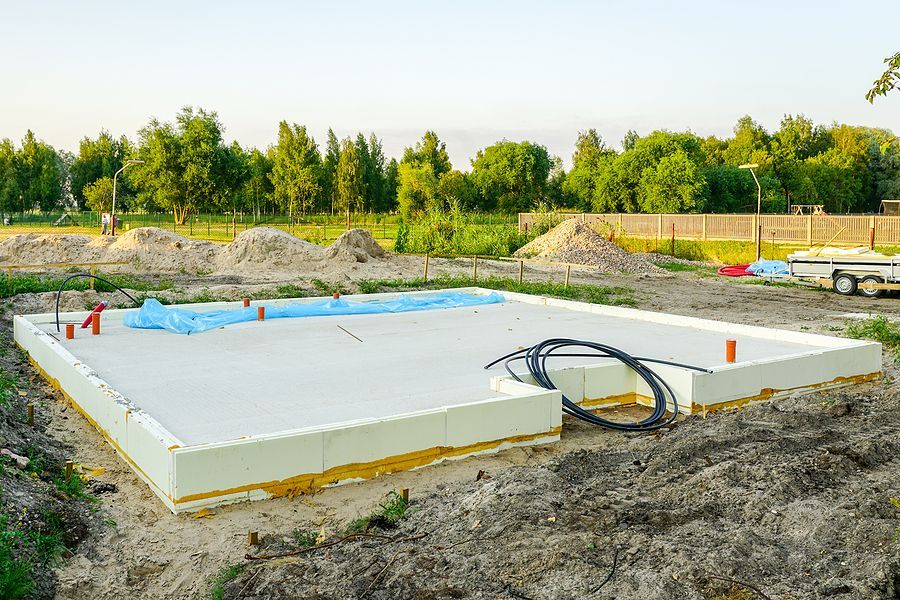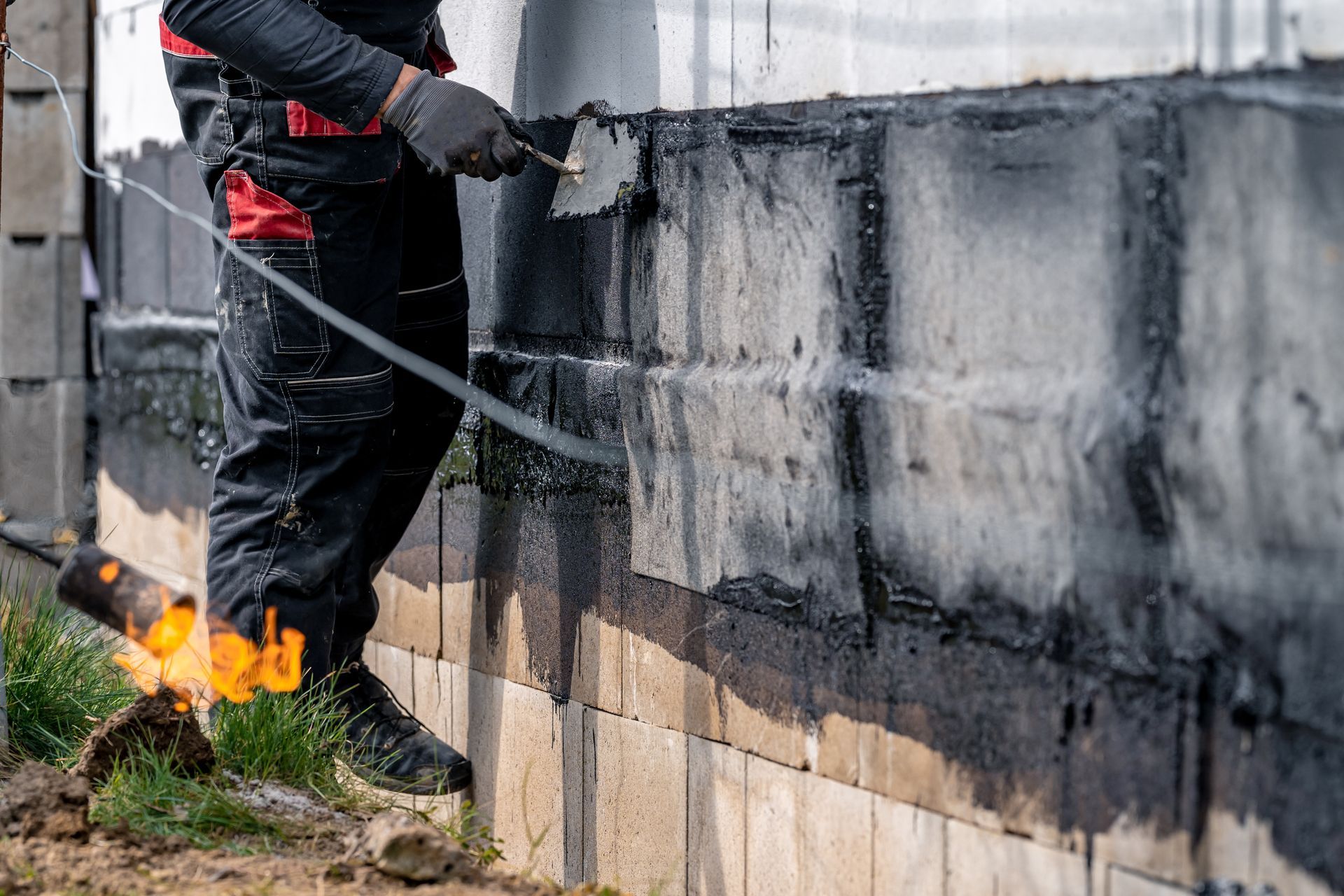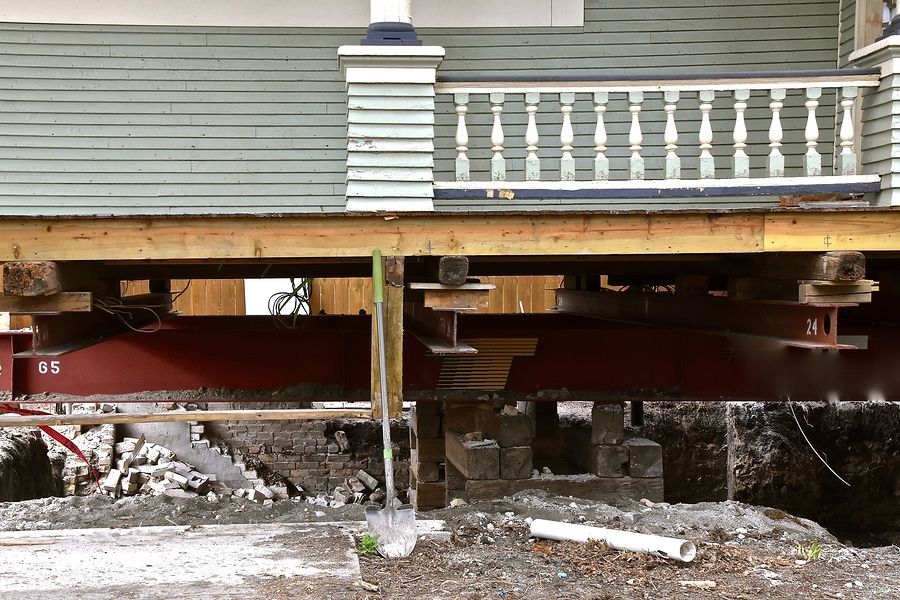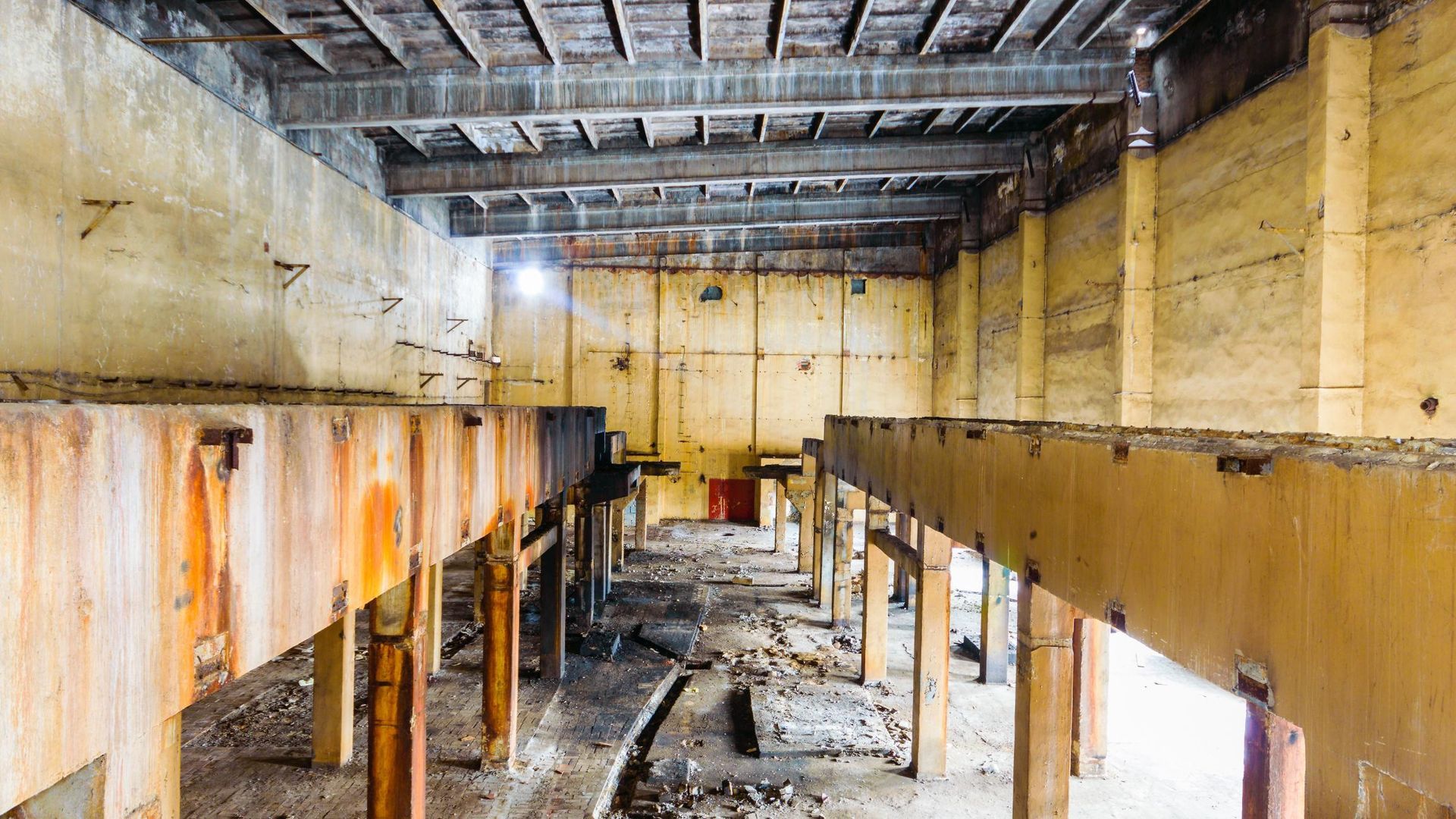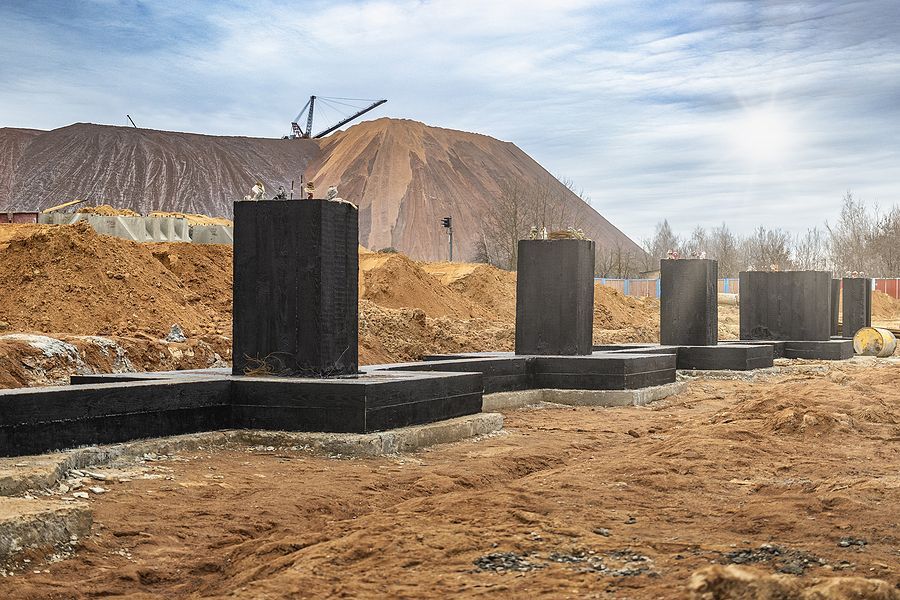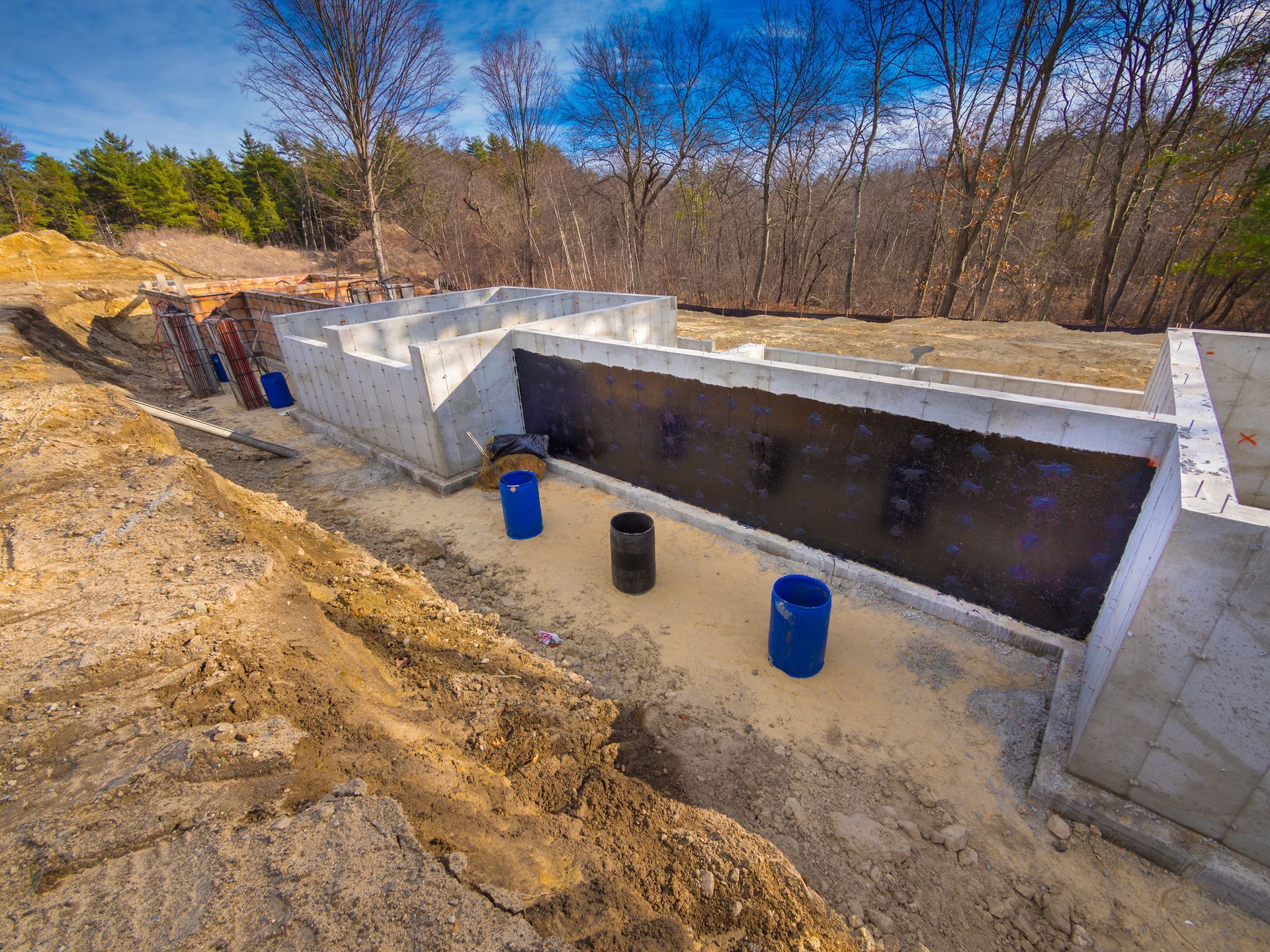The Essential Guide to Foundation Crack Repair: Costs, Methods, and DIY Tips
Comprehensive Insights into Foundation Crack Repair: Safeguarding Your Home’s Integrity
Foundation cracks can unsettle the most stoic homeowner, prompting visions of expensive repairs and compromised structural integrity. However, understanding the nuances of foundation crack repair, from the types of cracks to the methods of repair, can demystify the process and help homeowners make informed decisions. This guide aims to provide a comprehensive overview of foundation crack repair, focusing on cost considerations, repair methods, and when to seek professional repair help.

Understanding Foundation Cracks
Foundation cracks can arise from a myriad of causes, including soil settlement, hydrostatic pressure, poor construction, and natural aging. These cracks can vary in severity from hairline surface cracks that are mostly cosmetic to deep structural cracks that threaten the integrity of your home.
Types of Foundation Cracks:
Hairline Cracks: Typically not a sign of structural issues, but should be monitored.
Vertical Cracks: Often caused by settlement, these can be sealed effectively.
Horizontal Cracks: Indicative of pressure from the outside, potentially serious.
Stair-Step Cracks: Common in brick and concrete block foundations, these may signify settlement.
Foundation Crack Repair Methods
Repair methods can vary based on the type and severity of the crack, as well as the type of foundation.
- Epoxy Injections: Ideal for hairline and non-structural cracks in concrete foundations.
- Polyurethane Foam: Used for cracks prone to movement and leaks, providing a flexible seal.
- Exterior Waterproofing: Involves excavating around the house to seal cracks from the outside, addressing both structural issues and water infiltration.
- Underpinning: For serious structural issues, underpinning stabilizes the foundation by extending it deeper into the ground.
Specific Repair Considerations:
- Concrete Foundation Crack Repair: Epoxy and polyurethane injections are common solutions.
- Basement Foundation Crack Repair: Interior sealants for minor, non-structural cracks; exterior waterproofing for more severe issues.
- Slab Foundation Crack Repair: Epoxy injections for small cracks; slabjacking or underpinning for more significant issues.
Foundation Crack Repair Cost
The cost of foundation crack repair can vary widely, depending on the crack's size, depth, and location, as well as the chosen repair method.
- Minor Crack Repair: Starting from $250 to $800 for epoxy or polyurethane injection.
- Major Structural Repairs: Can range from $2,000 to $10,000, with underpinning costing significantly more.
When to Seek Professional Help
While minor cracks can often be addressed with DIY solutions, it's crucial to recognize when to call in a professional. Signs that professional help is needed include:
- Large, wide cracks that continue to expand.
- Horizontal or stair-step cracks.
- Cracks accompanied by other foundation issues, like doors that won't close or uneven floors.
Finding Foundation Crack Repair Services Near You
Searching for "foundation crack repair near me" can yield a variety of local professionals who can assess and repair your foundation. It's essential to choose a reputable service provider with experience in your specific foundation type.
DIY Foundation Crack Repair Tips
For minor cracks, DIY repair can be a cost-effective option. Essential tips include:
Ensure the crack is dry: If water seepage is present, wait for a dry period or address the water source before repairing.
Clean the crack thoroughly: Use a wire brush to remove debris and ensure the repair material adheres properly.
Use the right materials: Select an epoxy or polyurethane filler designed for foundation crack repair.
Long-term Considerations
After repairing foundation cracks, ongoing monitoring is crucial. Keep an eye on repaired and new cracks, and take preventative measures to avoid future issues. This includes maintaining proper drainage around your home and monitoring for any signs of settling or movement.
Conclusion
Foundation crack repair doesn't have to be a daunting task. By understanding the types of cracks, appropriate repair methods, and when to seek professional help, homeowners can protect their property and ensure their home's structural integrity. Remember, early intervention can save time, money, and prevent minor issues from becoming major problems. Click here for more blog.
Protect Your Investment
Your home is more than just a place to live; it's a significant investment. Addressing foundation cracks promptly and effectively ensures the safety, beauty, and value of your property for years to come. Whether tackling minor cracks on your own or seeking professional assistance for more significant issues, taking action is crucial. With the right approach, you can maintain your home's foundation in top condition.

